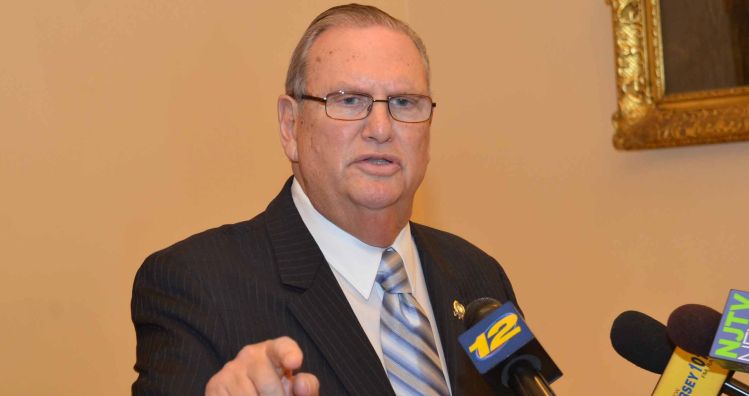The referendum to move casinos out of Atlantic City goes to vote on November 8th and both opponents and proponents of the referendum are campaigning hard to sway voters to their side of thinking. Assemblyman Ralph Caputo who is the chairman of the Assembly Tourism, Gaming and the Arts Committee is the only New Jersey legislator who has also spent decades as a casino executive in Atlantic City.
The Assemblyman recently urged New Jersey voters to support the referendum to move casinos outside of Atlantic City and to ignore all outside influence that is seeking to defeat the referendum. This reference was made in regards to the major campaign launched by opponents of the referendum who are spending a significant amount of money on their print, media, and direct mail campaign to dissuade voters from backing the referendum.
In a statement, Caputo said “There’s no doubt about it. Powerful and well-heeled political, corporate and labor interests outside New Jersey will spend whatever it takes to defeat the Referendum for North Jersey casinos in order to keep billions of dollars of our gaming revenue flowing out of New Jersey and into their pockets. They like things exactly the way they are, and will use innuendo and outlandish accusations to convince New Jersey taxpayers to vote against our own best interests because it benefits them, and that offends me.”
The referendum wants two new casinos to be developed in North Jersey in an effort to compete with the casino industry in the nearby states of Pennsylvania, New York, Maryland, New England and Delaware. Caputo believes that New Jersey is losing out on a significant amount of gambling revenue as these nearby states are attracting New Jersey gamblers who find it more convenient to gamble at these out of state casinos than heading over to Atlantic City.
Atlantic City has already lost four out of its twelve casinos during the last couple of years and is expected to lose its fifth casino in October when the Trump Taj Mahal casino shuts down. The Assemblyman stated that state legislators and voters must consider the impact of convenience gambling and quickly adapt to ensure that the casino industry in New Jersey does not suffer anymore.
Caputo believes that it is time for New Jersey to take all its eggs out of one basket and expand gaming opportunities in the state in order to prevent gambling revenue from going to neighboring states. He believes that the two new casinos in North Jersey will generate additional revenue for the state government which can be used to fund education, infrastructure, senior benefits, transportation and property tax relief.
The Assemblyman also pointed out that while voters in New Jersey might wonder who is extensively funding the campaign to stop the referendum, they will not be able to obtain any information as these backers do not have to disclose their identity as their 501c4 tax status allows them to keep things private.


